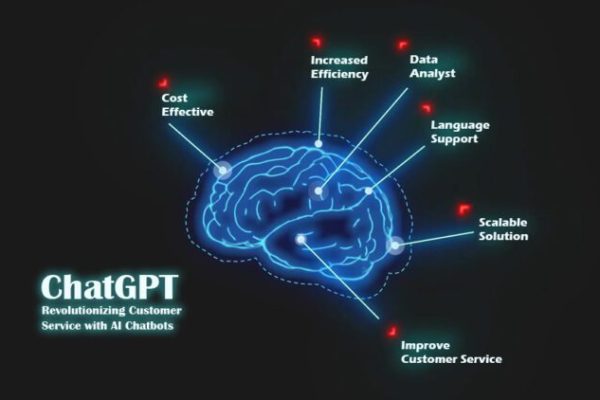In today’s digital age, access to financial services is no longer a luxury but a necessity. However, millions of people worldwide still lack access to traditional banking services due to various barriers, including geographical limitations, infrastructure challenges, and a lack of documentation. Fortunately, agent banking software has emerged as a powerful tool in expanding financial inclusion, bringing banking services to the doorstep of underserved communities.
Understanding Agent Banking Software
Agent banking software refers to technology platforms that enable non-bank entities, such as retail shops, post offices, or mobile money agents, to provide basic banking services on behalf of traditional financial institutions. These services typically include deposits, withdrawals, fund transfers, bill payments, and even loan applications. By leveraging existing retail networks, agent banking software extends the reach of financial institutions beyond brick-and-mortar branches, reaching remote and rural areas where establishing physical banks may not be viable.

Breaking Down Barriers to Access
One of the primary obstacles to financial inclusion is the lack of physical bank branches in rural and underserved areas. Agent banking software addresses this challenge by turning local businesses into banking touchpoints. Through a simple smartphone or computer interface, agents can conduct transactions on behalf of customers, effectively bringing banking services to their communities’ doorsteps. This decentralized approach reduces the need for individuals to travel long distances to access financial services, saving time and money while promoting economic participation.
Empowering Local Entrepreneurs
Agent banking software benefits customers and empowers local entrepreneurs to become financial service providers. By partnering with financial institutions, these agents can earn commissions on transactions conducted through their businesses, creating new revenue streams and stimulating economic growth in their communities. Additionally, agent banking enhances the viability of small businesses by increasing foot traffic and attracting customers who may also utilize other goods and services offered by the agent.
Enhancing Financial Literacy and Inclusion
In many regions, a lack of financial literacy exacerbates the challenges of accessing banking services. Agent banking software presents an opportunity to bridge this gap by offering personalized assistance and guidance to customers. Agents, who are often familiar faces within their communities, can educate clients on basic financial concepts, promote savings habits, and help them navigate digital banking interfaces. This hands-on approach fosters greater trust and confidence in banking systems, paving the way for broader financial inclusion.

Leveraging Technology for Impact
The proliferation of mobile phones and internet connectivity has been instrumental in driving the adoption of agent banking software. With the majority of the global population now owning a mobile device, even in remote areas, customers can access banking services conveniently through their smartphones. Additionally, advancements in biometric authentication and digital identity verification enhance security and mitigate fraud risks, further boosting confidence in agent banking transactions.






































